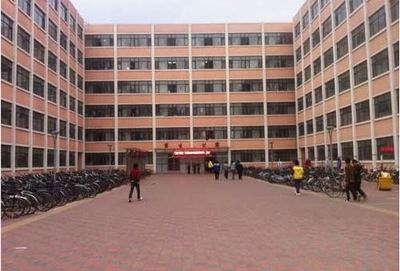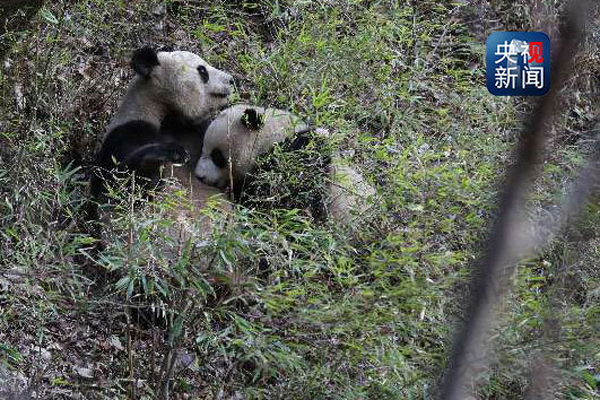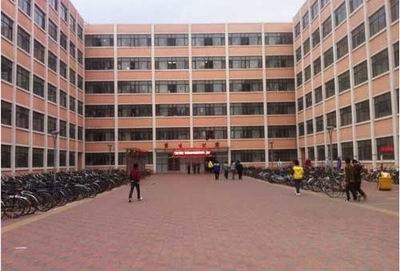Most Chinese provincial regions accomplish disciplinary inspection tasks
Of China’s more than 30 provincial localities, 27 have completed discipline inspections on the agencies they directly administer, the Communist Party of China’s (CPC) disciplinary agency announced Friday.
CPC organizations and departments directly administered by the provincial level authorities were inspected, according to a report posted on the CPC Central Commission for Discipline Inspection (CCDI) website.
The inspections focused on the implementation of central authority rules and regulations.
Inspectors in Hubei Province, central China, were despatched to 300 Party organizations and found 12,567 pieces of evidence that led to the investigation of 4,362 officials.
In Jilin Province, northeast China, inspectors reviewed the work of 242 Party organizations and found supporting evidence that linked 1,565 officials to violations.
The current CPC Central Committee will finish inspecting agencies directly under its administration before the end of the first half of the year.
All central and provincial level CPC committees are required to conduct inspections within their tenure of five years.
The remaining provincial regions are expected to complete their inspections before new provincial Party committees are elected, according to the CCDI.
Comparing it to “a physical examination” of the Party, the CCDI said inspection was a powerful weapon in the fight to resolve internal CPC problems.
Finding problems is both a major task and the appraisal standard for inspections, the CCDI said, adding that the inspection was by no means “a gust of wind.”


